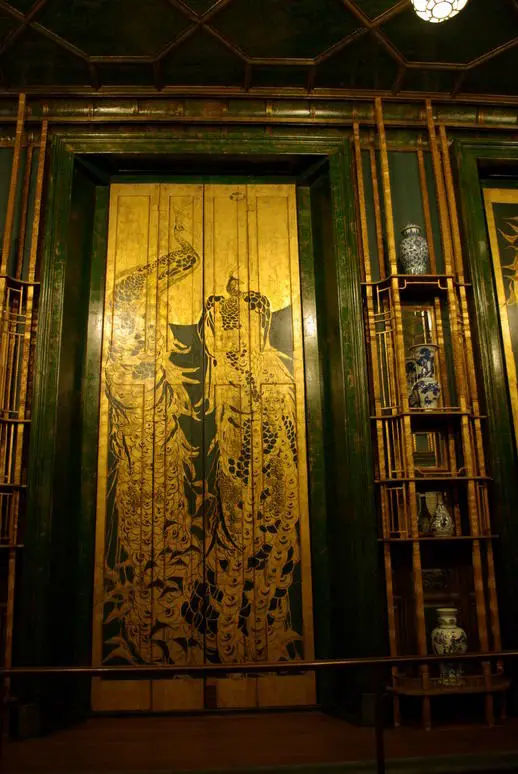Aestheticism in Literature
Aestheticism in Literature
A sensibility, a philosophy of life and of art, and an English literary and artistic movement, culminating in the 1890s, with Oscar Wilde as its most extravagant exponent and Walter Pater its acknowledged philosopher.
Other names commonly associated are those of the members of the Pre-Raphaelite Brotherhood, Swinburne, Arthur Symons, Earnest Dowson, Lionel Johnson etc. are representatives of the same trend in the fine arts.

The origins of this movement or cult are to be found in the work of several German writers of the Romantic period notably Kant, Schelling, Goethe, and Schiller.
They all agreed that art must be autonomous and from this, it followed that the artist should not be beholden to anyone.
From this, in turn, it followed that the artist was someone special, apart from others. Tennyson expressed the post-Romantic idea that the poet was superior to ordinary mortals:
Vex not thou the poet’s mind
With thy shallow wit:
Vex not thou the poet’s mind;
For thou canst not fathom it.
Aestheticism, as a stage in the development of Romanticism, is not limited to England. Profoundly a movement of reaction and protest, it reflects the growing apprehension of the nineteenth-century artist at the vulgarization of values and commercialization of art accompanying the rise of the middle class and the spread of democracy (‘ a new class, who discovered the cheap and foresaw fortune in the facture of the sham’ _Whistler).
Finally, aesthetic merit should be distinguished from aesthetic qualities and reactions, for work might possess genuine aesthetic qualities, properly provide for their appreciation, yet in fact be a poor specimen of its kind.
Merit and pleasure, too, are not necessarily related. An untrained or naturally crude sensibility could clearly be aesthetically pleased by a crude work – and so, in certain circumstances, could a trained and refined sensibility (though it would appreciate the work for what it was).
The Aesthetic Movement, or Art for arts’ sake which started in France during the latter part of the nineteenth century and flourished in England in the 1880s and 1890s was less concerned with such niceties than with a general reaction against the Art of morality’s sake so characteristic of the earlier part of the century.
When Wilde averred that all art is quite useless’ he spoke truly – if art is defined in aesthetic terms. But the pleasures of literature are usually multiple and its proper appreciation therefore rarely limited to the aesthetic. Critics, such as Paul de Man and Terry Eagleton, have argued that the aesthetic is primarily an ideological category reflecting and promoting Western bourgeois taste.
Further Reading






